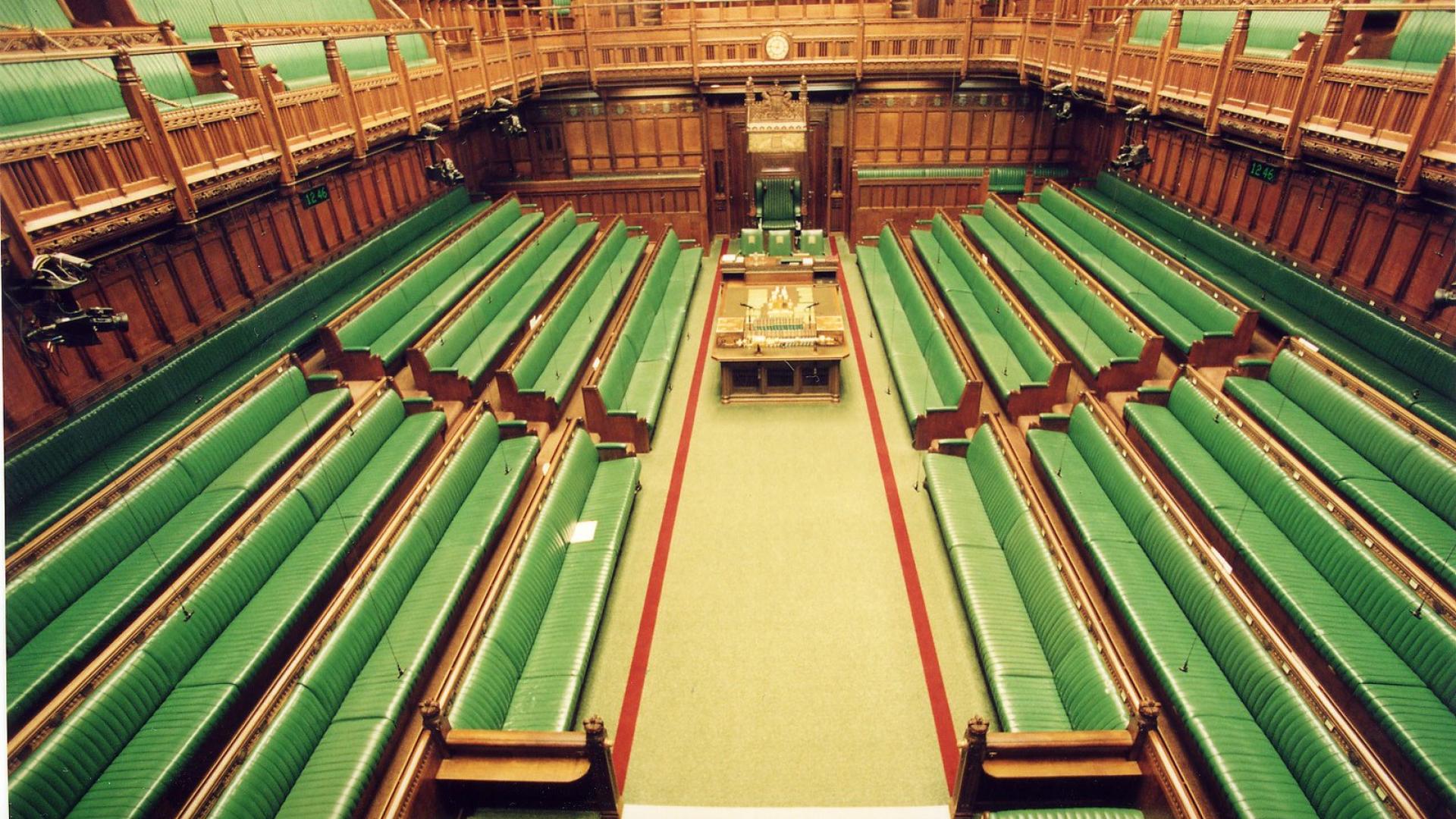Alex Kopsch
A few years ago, a good friend of mine became a street fundraiser for one of the big development charities. He was part of a small team that approached people on the streets to support the charity. My friend, who always struggled with socialising, became an expert at talking to others. He managed to get up to 15 people a day to donate to the charity. This was a huge personality glow-up. As a result, street fundraising always stuck in my mind as positive and effective. But that is perhaps not the case when engaging parliamentarians.
In March we asked 100 MPs to tell us their favourite and least favourite charity campaigning tactics. To my shock, I found that MPs don't like street fundraisers. They would for example say that they "hate being approached for money" on the street. So, what are the best campaigning strategies and which ones should be used cautiously?
MPs love constituency-relevant campaigns
MPs love it when charities mention anything to do with their constituency. When talking about all different forms of contact - emails, phone calls, events, posters, or newsletters - constituency relevance kept being mentioned. The priority is to think local.
39% of MPs mentioned "being relevant to their constituency" when we asked about their favourite campaigning tactic. They find this approach is the “most useful”, “relevant”, and “brings issues home”. Meeting with constituents was also mentioned as a huge draw.
“I always like to meet constituents involved in charities and help promote them.” - Conservative MP
“I prefer it when charities contact me about something they are doing at a local level but link it back up to a national campaign. It makes it more relevant to me - I have competing demands on my time so if something is tailored to my constituency it gets noticed.” - Returning Labour MP
Driving home the relevance a campaign has to an MP’s constituency can help busy MPs prioritise some campaigns over others. Therefore, it is important to highlight why a campaign is relevant to a particular MP. The aim is to show that a charity is willing to go the extra mile for their beneficiaries.
MPs have a love-hate relationship with emails
MPs said the best way to get in contact with them is by email. But when this is the primary point of contact, emails need to stand out. If they don't, charities should decide if they want to risk losing an MP's support for the sake of attention.
The survey results show that MPs have a love-hate relationship with emails. 9% of MPs say they love ‘brief emails/notes’, while the highest percentage, 14%, say they hate ‘generic emails’. Another 6% say they dislike ‘bulk email campaigns’.
“Clear concise theme running through every email, event, flyer, request of Government.” - Returning Labour MP
MPs love brief emails because they are focused, “quick” and “easy to deal with”. One MP specifically mentioned bullet point emails.
With emails being the most common way MPs are contacted by charities, cutting through the noise is a challenge. 79% of MPs have said that charities contacted them via email in 2021 and a further 35% considered emails to be the most influential means of communication.
In contrast, MPs find that mass emails tend to “lack a personal touch”. They consider generic emails “ineffective”, time-consuming and annoying. MPs also feel that if they receive a generic email the person sending it is less engaged with the issue. However, big email campaigns do have their value. A high volume of emails can demonstrate constituency support for an issue.
Charities need to decide what approach works best for their campaign. Concise, clear and tailored emails were favourites with MPs. Mass emails demand attention.
Face-to-face meetings are still a favourite for MPs
Across all parties, drop-ins (18%), parliamentary events (14%) and direct engagements (13%) are among MP's preferred campaigning tactics. MPs love face to face interactions because they provide great opportunities for discussion, to “find out more about an organisation”. Drop ins, in particular, were mentioned because MPs “Can fit it around busy day, ask specific questions”.
Interestingly, MPs did not mention zoom calls or online meetings. This is in contrast to what we found during the pandemic. At that time, MPs said that online meetings and video calls were some of the most frequent and influential ways that charities contacted them. Whilst this doesn’t mean that zoom calls are not an effective way to campaign, it demonstrates that MPs firmly value an in-person presence, and are more neutral about video calls.
Video calls can however be a way for charities to offer brief meetings during busy periods when in-person meetings can be harder to arrange. MPs frequently mentioned efficiency and fitting things into a tight schedule as to why they preferred different modes of contact.
Conclusion
Campaigning is a long and demanding task. Charities need to weigh up which tactics to focus their limited resources on to achieve the best results.
The clear winner for preferred campaigning strategies is making it relevant to an MPs constituency. MPs perceive it positively when charities make an extra effort to tailor their message to them.
Another preference is to keep communications short and sweet. This can be emails, phone calls, face-to-face events or newsletters. It is good to keep in mind, that as one MP said "time" is an MPs "most precious commodity".
Now you’ve heard what MPs think why not read our campaigning report for more recommendations from charity campaigners on how they have campaigned successfully at Westminster.
Don’t hesitate to get in touch with our Westminster team at CPM@nfpresearch.com or download more information below.

